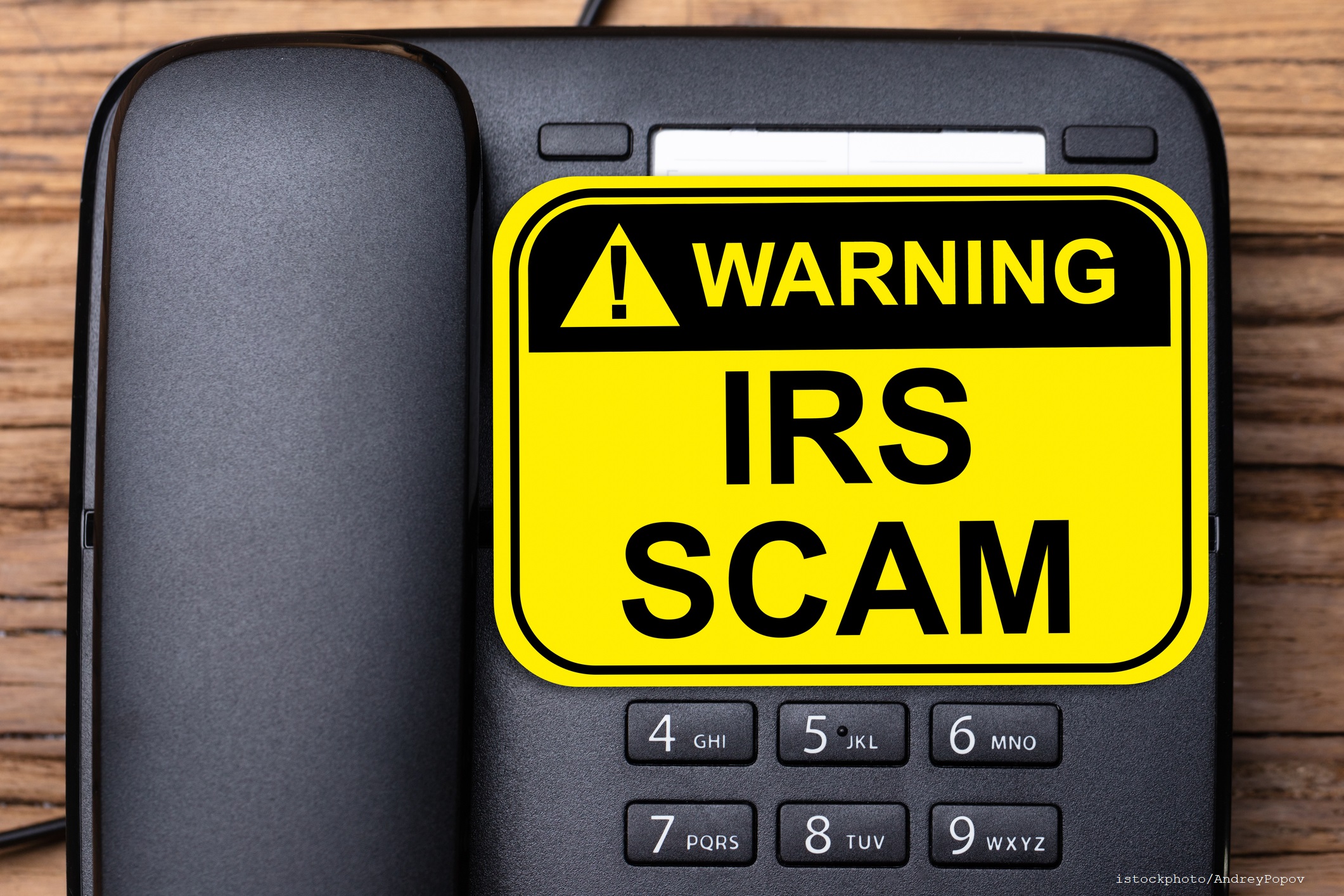AARP Hearing Center

Did you know that someone’s identity gets stolen every two seconds? The AARP Fraud Watch Network provides you with tips and resources to help you spot and avoid identity theft and fraud so you can protect yourself and your family. Our watchdog alerts will keep you up to date on con artists’ latest tricks. It’s free of charge for everyone: AARP members, non-members, and people of all ages. Be a fraud fighter! If you can spot a scam, you can stop a scam. Report scams to local law enforcement. Contact the AARP Fraud Watch Network at www.aarp.org/fraudwatchnetwork for more information on fraud prevention.
The AARP Fraud Watch Network is:
An Educator: Get real-time alerts about the latest scams, tips on how to spot them, and the inside scoop on how con artists think so you can outsmart them before they strike.
A Watchdog: Our nationwide scam tracking map gives you access to a network of people who've spotted scams and the opportunity to pass along your own experiences, so together we can beat con artists at their own game.
A Resource: Get connected to a real live person trained in how to avoid fraud and advise you if you or a loved one has been scammed by calling our fraud hotline or attending a forum in your community.
Free for Everyone: Anyone, of any age, can access our resources at no cost.

SCAM ALERT #1: DEATH, TAXES AND SCAMMERS
Tax time is here again and so are the IRS impostors! Scammers posing as IRS agents or Treasury Department officials continue their deceptive ways. Know that the IRS will first contact you through the mail if you owe taxes. If you receive a phone call or suspicious email or text from the IRS, chances are it’s a scammer posing as an IRS agent. If you receive a scam call, hang up immediately and report the call to the IRS at 800-366-4484 or www.tigta.gov. If you receive an email, forward it to the IRS at phishing@irs.gov, and then delete it.

SCAM ALERT #2: SCAMS AND COVID-19
The world is rallying to combat the spread of COVID-19. People are looking for guidance to better protect themselves. But lurking in the shadows are scammers seeking to take advantage of this opportunity to steal money or sensitive personal information. Know there is currently no vaccine, treatment or cure for the disease caused by the coronavirus – any claim of such is fraud. Consider products that claim they protect against coronavirus to be dubious at best. Carefully scrutinize any new investment opportunity related to a vaccine or cure. Your best bet is to stay up to date with new information and guidance through local, state and federal government sources (all government emails and websites end in “.gov.”)

SCAM ALERT #3: IMPOSTER SCAMS BY THE NUMBERS
According to the Federal Trade Commission, impostor scams – scams where the con artists pretends to be a government agency, business or personal relationship - were the most commonly reported scam type in 2019. A recent AARP survey backs this up. AARP spoke to adults age 18 and older and found that 47% have been targeted by at least one impostor scam. Worse yet, 18% of U.S. adults targeted or victimized by a scam report experiencing health problems or emotional distress due to the experience.
The best way to avoid impostor scams is to know how they work. And despite the many ways scammers can do their bidding, they are most successful at finding victims by phone. Don’t rely on caller ID. Let your answering machine screen calls. Listen to voice messages and ask yourself is something seems suspicious. Call back on a number you know to belongs to whomever is calling (your bank, the IRS, Social Security Administration, etc.)

SCAM ALERT #4: SCAMS AND FRAUD, INC.
Traditionally, we think of con artists as lone wolves working out of their basement, but today’s scammers are more like cogs in a much larger operation. Most scams today start with a phone call, often originating from foreign telemarketing businesses that operate just like legitimate call centers. ”Executives” and “supervisors” manage “salespeople” – the scammers calling you to “close the deal.”
These are professional criminal enterprises – and they are good at what they do. If you or someone you care about falls victim to their operations, know that it’s not the fault of the victim for “falling for” something. Blame the criminal enterprise and fight back by sharing your story, so the next target may not end up as the next victim.
Be a fraud fighter! If you can spot a scam, you can stop a scam.
Report scams to local law enforcement. For help from AARP, call 1-877-908-3360 or visit the AARP Fraud Watch Network at www.aarp.org/fraudwatchnetwork.































































